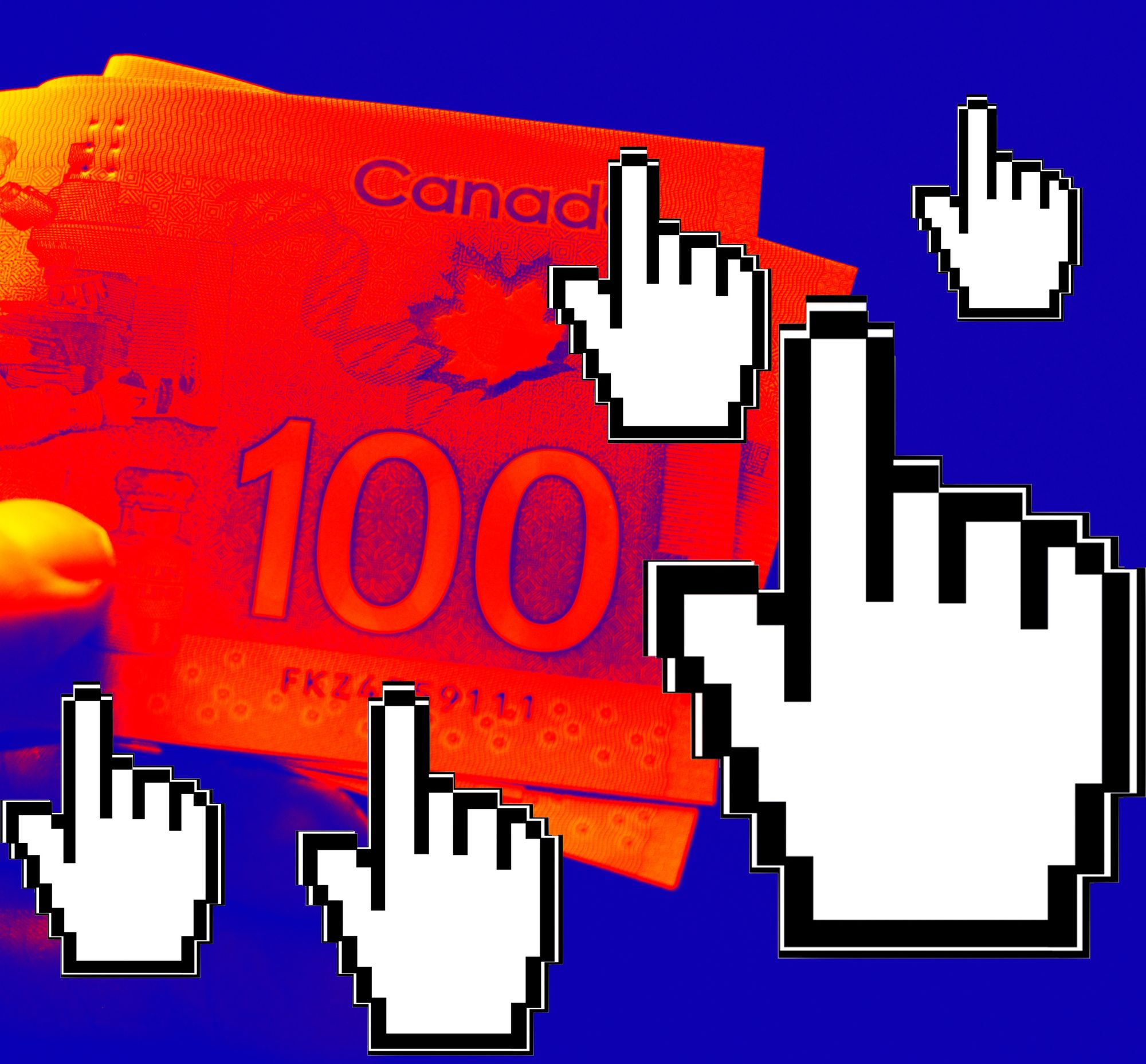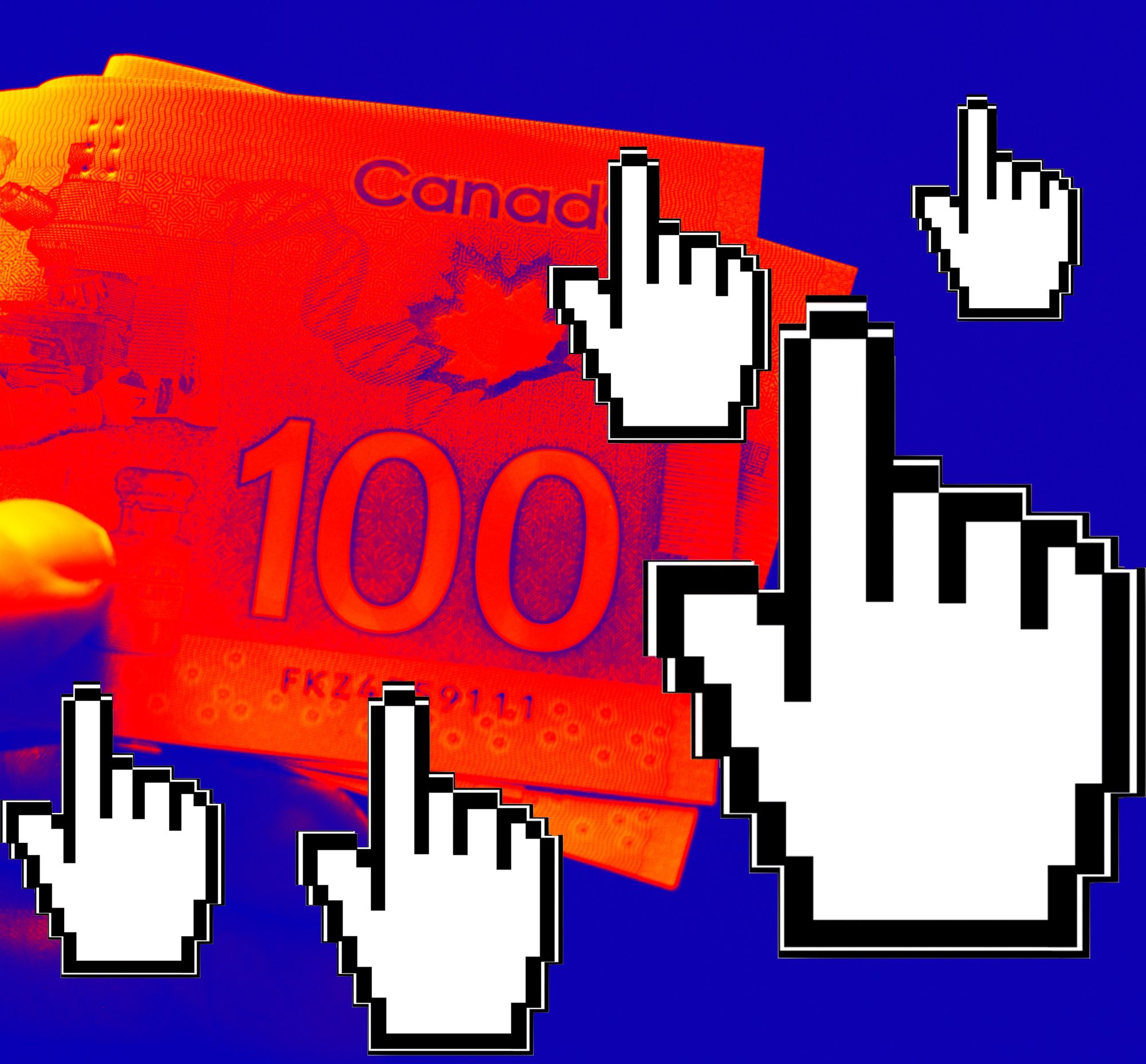LOST REVENUE: How lawyers can recover disbursement expense costs (part 1)

This blog post is part of a uLawPractice series about disbursements and lost revenue. In this post, we will be focusing exclusively on several methods of cost recovery for lawyers to consider in their billing practices with clients.

There’s only so many hours in a day, and perhaps it’s understandable that practitioners aren't fully paying attention to the way their firm is handling disbursements.
However for all the lawyers out there staring at their bottom line, it might make sense to take steps to stop the flow of money bleeding out of their firm.
Because uLawPractice often looks at the accounting and billing practices of many lawyers prior to using our system, we are aware that roughly 15-20 per cent of overall bill/invoices generated to clients is actually exclusively derived from disbursements.
Our team has observed that many lawyers are not actualizing cost recovery options for their firm, and as a result they are shouldering costs that otherwise could fairly (and transparently) be paid by clients.
Compliance is also an issue. Most practitioners using practice management and case management tools are actually still lacking the proper knowledge of legal accounting required to properly capture disbursements. As a result, many firms are actually unwittingly setting themselves up for compliance issues with regulators due to inconsistent billing practices with respect to disbursements. The consequences of this can be costly once a spot audit is conducted by regulators, such as the Law Society of Upper Canada (LSUC, soon-to-be the Law Society of Ontario).
Many firms could benefit by understanding their ability to mark up, or mark down disbursements for clients. There are a few ways to do this, and we’re going to take a look at cost recovery of expenses. uLaw Practice has included all of these tools in our software suite; making it easy for assistants and practitioners to make an informed choice about how they want to bill their clients, provided it is disclosed in the retainer letter.
Cost Recovery of Expenses
As the saying goes, a businessman has to spend money to make money. This is the same for legal practitioners, however because of the unique nature and high standard of ethics required in the profession, recovering expenses in the “final price” observed by clients means a certain level of transparency is needed that other industries would otherwise only disclose with a price tag.
When it comes to expenses, such as software licensing, a practitioner has the option to charge an associated cost to the client if it is required to render services. Of course, the fee has to be fair and equitable and not exorbitant. But in the eyes of regulators (Law Societies), it is fair game to charge clients a proportional fraction of cost that is a bit higher than what the software was purchased for.
Supposing a firm purchases software at a very discounted price, it is completely up to the practitioner if this discount will then be passed off on to the client. In some instances, it may be in a lawyer or paralegal’s best interest to mark it up to be in line with industry standards.
But the inverse is also true. Some firms may actually not want to mark anything up for their clients, and instead it may be practical to mark down the cost of expenses for clients who are incapable of paying such fees.
All of this can and should be captured properly in an audit-proof legal accounting system.
Keep reading our blog for more on our series about disbursements! While you're at it, let our software help you with disbursements. The first month is free.

